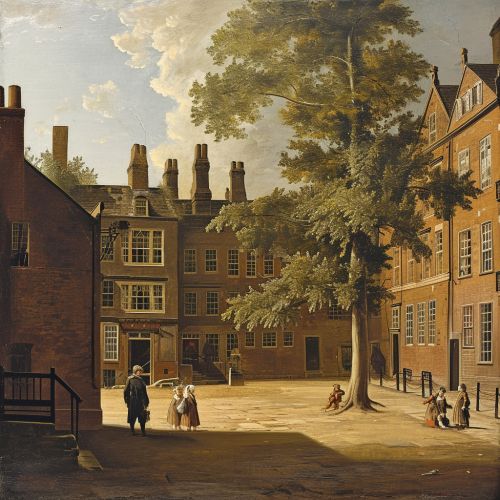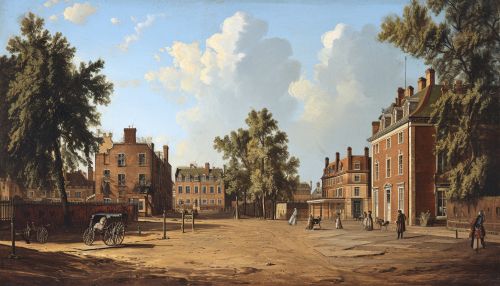Thomas Bayes
Early Life and Education
Thomas Bayes was born in 1701 in London, England. His father, Joshua Bayes, was a prominent Nonconformist minister in London, and Thomas was the eldest of his six children. Not much is known about his mother. Bayes was privately educated, and he showed a strong interest in logic and scientific inquiry from an early age.


In 1719, Bayes entered the University of Edinburgh to study logic and theology. During his time at the university, he became particularly interested in the works of Isaac Newton and Gottfried Leibniz, which would later influence his own work in probability theory.
Career and Contributions to Mathematics
After completing his studies, Bayes returned to London, where he was ordained as a minister like his father. However, his passion for mathematics and logic never waned, and he continued to pursue these interests alongside his religious duties.
Bayes made several significant contributions to the field of mathematics, most notably in the area of probability theory. His most famous work, "An Essay towards solving a Problem in the Doctrine of Chances," was published posthumously in the Philosophical Transactions of the Royal Society in 1763. This work introduced what is now known as Bayes' theorem, a fundamental concept in probability theory and statistics.


Bayes' theorem provides a mathematical framework for updating probabilities based on new evidence. It has been applied in a wide range of fields, including medicine, computer science, and artificial intelligence. Despite its wide-ranging applications, Bayes' theorem was initially met with skepticism and was not widely accepted until the 20th century.
In addition to his work on probability theory, Bayes also made contributions to the field of differential calculus. He developed a method for calculating the nth derivative of a function, which was later refined and generalized by other mathematicians.
Later Life and Legacy
Bayes served as a minister for several years, but his health began to decline in the late 1750s. He retired from his ministerial duties in 1752 and devoted the remainder of his life to his mathematical research. Bayes died in Tunbridge Wells, Kent, in 1761.
Bayes' work has had a profound impact on the field of statistics and beyond. His theorem forms the basis of Bayesian statistics, a branch of statistics that deals with the updating of probabilities based on new evidence. This approach has found applications in a wide range of fields, from artificial intelligence to medical diagnostics.


In recognition of his contributions to the field of statistics, the Royal Statistical Society awards the Thomas Bayes Medal to individuals who have made significant contributions to Bayesian statistics. Furthermore, the term "Bayesian" has become synonymous with a particular approach to statistical inference that emphasizes the importance of prior knowledge and subjective probability.
